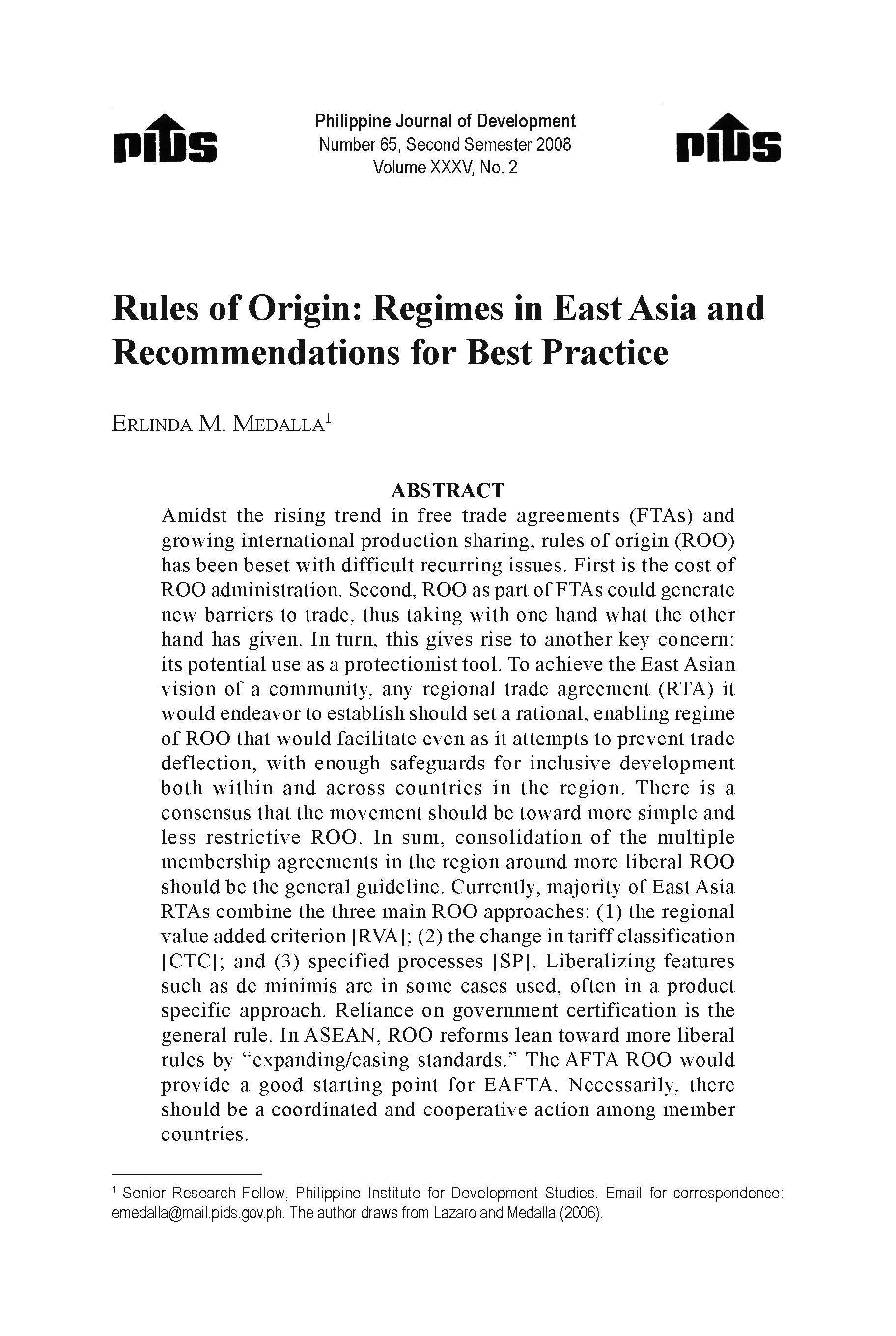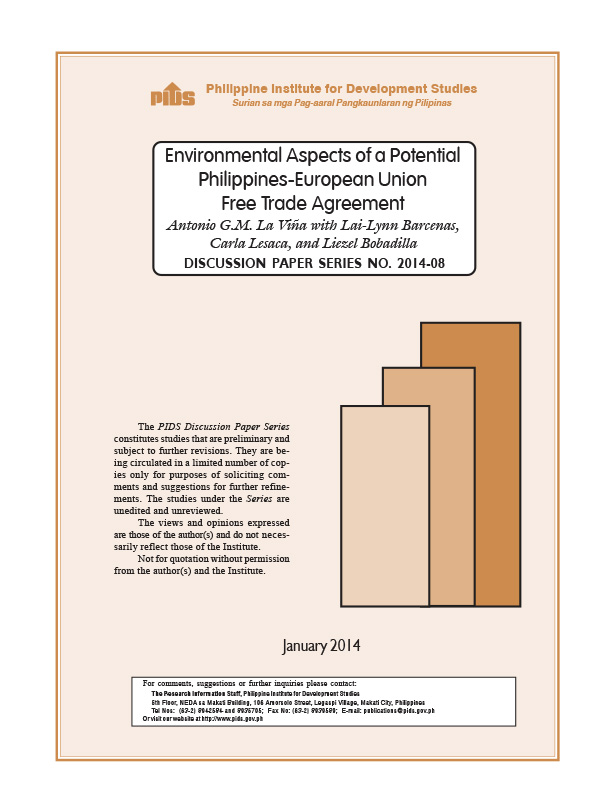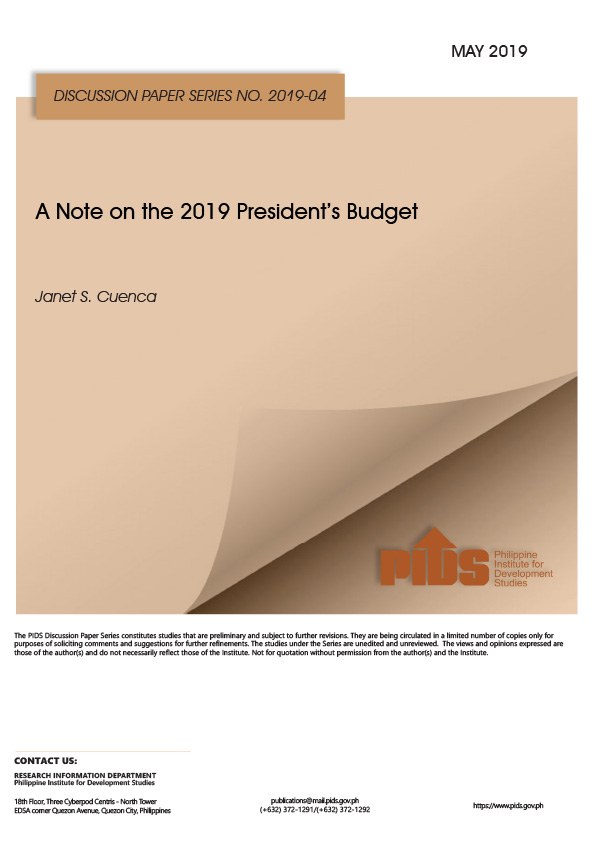In its preliminary review, the Energy Regulatory Commission (ERC) disallowed expenses of the National Grid Corporation of the Philippines (NGCP) totalling P3.7 billion, which it said were “improperly documented or not recoverable for customers.”
The biggest items disallowed were for public relations, corporate social responsibility (CSR), and advertising-related expenses.
NGCP’s advertising expenses, for example, reached P130 billion from 2016 to 2020.
The NGCP argued that its advertising expenses were “not for marketing purposes” but for “information dissemination.” The ERC however demanded proof of the need to spend such an amount on ads.
“There is a test of reasonableness [in assessing these expense items]. If these were spent on full-page ads saying: “Bawal humawak ng livewire,” [we must ask]: reasonable ba ‘yung full-page ad saying that?” ERC Chairperson Monalisa Dimalanta said in a news conference in November where she announced the results of the commission’s preliminary review.
In a separate news conference in November, NGCP Assistant Vice President Cynthia Alabanza said it was “unfair” for the regulator to “retroactively” apply new rules.
“Before you join a game, you need to know the rules. And to retroactively apply rules while you’re in a game, that’s unfair,” Alabanza said in Filipino.
“I’m wondering why they released it when it is still raw. It’s like if we had 100 steps to take to the finish line, we’re still in step two,” she said in Filipino in a press conference held right after ERC’s media conference.
Dimalanta said it was necessary to release the initial findings.
“I think we owe it to the public to let them know what is happening [in the review] and to provide guidance on what is allowed and disallowed [in the expenses of the NGCP],” she said in the press conference in November.
Alfredo Non, who served as ERC commissioner from 2012 to 2018, said there should have been “clearer guidelines” on what spending items were “acceptable.”
“As far as I am concerned, the ERC has not released guidelines on how regulated entities may spend on CSR, or salaries,” he said.
The former commissioner, however, did acknowledge that, during his time, the ERC had disallowed salary increases for a government-controlled corporation.
“When the Philippine Electricity Market Corporation asked before for higher market fees because that’s how they cover their budget, for salary increases, we disallowed it. Because they refused to show documents of their payroll,” he said.
“So if NGCP shows documents, then they should be allowed,” he added.
NGCP’s reply to the ERC findings is expected to have addressed these issues.
ERC said the disallowances were intended to protect consumers.
“It’s not that the commission is prohibiting them (regulated entities), for example, from increasing the salaries of their employees, or giving donations, or engaging in CSR [activities],” Dimalanta said in the ERC’s November news conference.
“What we’re saying is, you can’t recover that from the rates [you impose on consumers]. You recover that from your profits,” she said.
The ERC had previously ruled, in cases involving power distribution utilities, that CSR expenses should not be charged to consumers.
In its 78-page order, the ERC also highlighted that the NGCP, as a public utility, is mandated to incur only “necessary and efficient costs,” with expenses kept “at a minimum.”
Adoracion Navarro, senior research fellow at the state think-tank Philippine Institute for Development Studies (PIDS) said ERC’s moves are intended to send a clear message to NGCP and other entities regulated to practice discipline.
“If before, they (the NGCP) got away with spending on these (disallowed expenses), then the regulator is now setting more discipline,” Navarro told PCIJ. She is a former deputy director general at the National Economic and Development Authority.
“The regulator is now just enforcing that we have to stick with the principles or the rules,” Navarro said.
ERC is making sure that NGCP is “not shortchanging the industry and the Filipino people,” according to a former energy official who asked not to be named.
The official said the entire rate-setting process is supposed to determine which expenses are considered prudent, and it’s up to the NGCP to justify its revenue requirements.
“Because how the commission works is… it is wary. It just wants to make sure that NGCP is functioning at its optimum efficiency, and that it is not shortchanging the industry and the Filipino people,” the official said.
“The concession agreement is a privilege, and that comes with attendant responsibilities,” the official added.
Will there be refunds?
The ERC is expected to release its final determination of the rates in the first quarter of 2024.
Will there be cash refunds? The ERC said it is possible but it’s not guaranteed.
“What we’re seeing are just telltale signs, because they are claiming this much, and we are deciding that they can only recover this much, then there could be a downward adjustment [on their allowable revenue], or a refund,” Dimalanta said in November.
Instead of cash refunds, the ERC is inclined to implement a “reduction of transmission rates,” according to Sen. Sherwin Gatchalian at a Senate hearing to discuss ERC’s budget. He defended the budget of ERC during last year’s budget deliberations.
“In terms of modality, it’s easier to reduce the rates, and easier for the regulator to monitor and apply, and to supervise [that kind of] implementation,” he said during the hearing last Nov. 13, 2023.
How much that reduction would translate into consumers’ electricity bills has yet to be determined, he said. But he assured the public that it would be “significant.”
Non said it was the release of the partial results that “created a wrong impression that there would be refunds.”
The release of ERC’s final review of NGCP’s fourth regulatory period was initially expected as early as August 2023. Instead, a preliminary review was released in November 2023, around the time that Congress was deliberating the national budget.
“It’s budget season. They (ERC) had to show to Congress and the Senate that they were doing their jobs,” the energy official who spoke with PCIJ said.
The Senate approved an P888-million budget for the ERC, higher than the P611 million originally proposed by the Department of Budget and Management.
NGCP in hot water
NGCP faced scrutiny amid heavy criticisms against its performance as the country’s grid operator.
NGCP officials have been called to many House and Senate hearings since parts of Luzon were subject to rotational brownouts in the Summer of 2021. It does not help that the Luzon grid suffers from yellow and red alerts every year, once the hot season comes, too.
NGCP is responsible for building more transmission lines, but many of its projects are delayed. Power producers have previously lamented delays in their connections to the grid.
President Ferdinand Marcos Jr. himself gave NGCP a reprimand during his second State of the Nation Address in July 2023 over these delays.
“We are conducting a performance review of our private concessionaire, the NGCP. We look to NGCP to complete all of its deliverables, starting with the vital Mindanao-Visayas and the Cebu-Negros-Panay interconnections,” Marcos said in his 2023 SONA speech.
In January 2024, Marcos again took a swipe at the NGCP for failing to prevent a massive power outage in Panay Island, which caused its residents to suffer from total blackout for three days.
“This incident emphasized the vital role of these interconnection projects. We cannot afford to have another round of this costly interruption, not only in Panay Island but anywhere in the country,” Marcos said in an NGCP event announcing the completion of the Mindanao-Visayas interconnection.
Marcos pushed for the completion of remaining critical interconnection lines, including the Cebu-Negros-Panay backbone project during the event.
“So, we look forward to your assurances in the promised completion of the 230 kV Cebu-Negros-Panay backbone project by March of this year,” he said.
The ownership structure of NGCP has also been a subject of security concern because it is 40% owned by the State Grid Corporation of China. Lawmakers have expressed fears that Beijing could use the NGCP for sabotage in case of a conflict over the disputed waters of the West Philippine Sea.
NGCP said this is not a concern because “only Filipinos are manning the (NGCP) substations.” The remaining 60% stake is split between businessmen Henry Sy Jr. and Robert Coyiuto Jr.
On the other hand, there are concerns that cutting NGCP’s profits could affect its ability to expand the country’s transmission lines.
The NGCP needs the financial muscle to develop the country’s transmission grid and prevent massive blackouts. The NGCP also needs to modernize the grid to support renewable energy suppliers, according to experts.
In a 2023 report, the Climate Analytics think tank estimated that the country would need transmission lines to accommodate 163 gigawatts (GW) of energy, taking into account the variable nature of proposed and committed renewable energy projects.
NGCP’s Ablanza said as much. She said transmission planning would be critical to the green energy push.
“So if they (the ERC) limit our ability to recover our bonafide expenses, then it would have an impact,” she said.
Non warned of the consequences if ERC’s preliminary review is upheld. He said the NGCP’s investors could be “forced to pull out” if the effects of the review put a dent in the company’s financial ability to operate.
“If I were NGCP, I would fight it out [in court], because the basis for you to continue is a going concern. And if the effect of the review is too significant, then I may pull out [of the concession agreement,” he said.
Whatever the outcome, ERC’s final review of NGCP’s rates will inevitably have consequences on the energy industry. It will also translate to real costs that Filipino consumers will bear.







